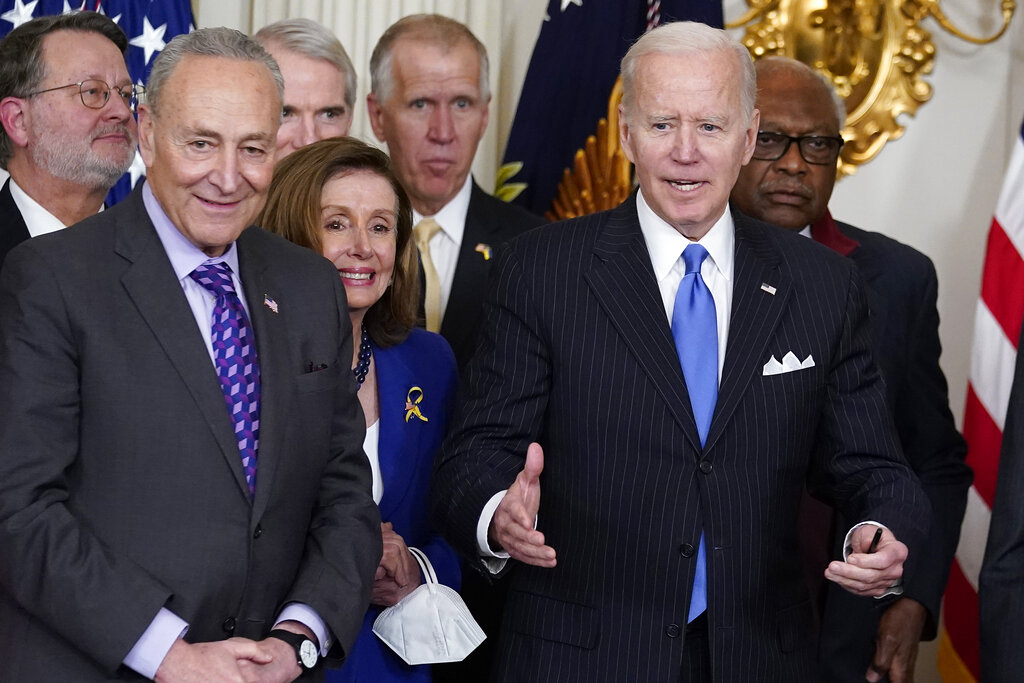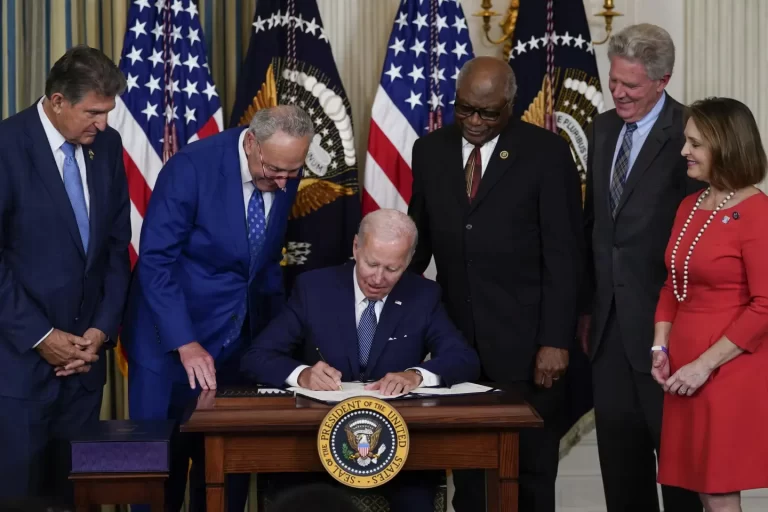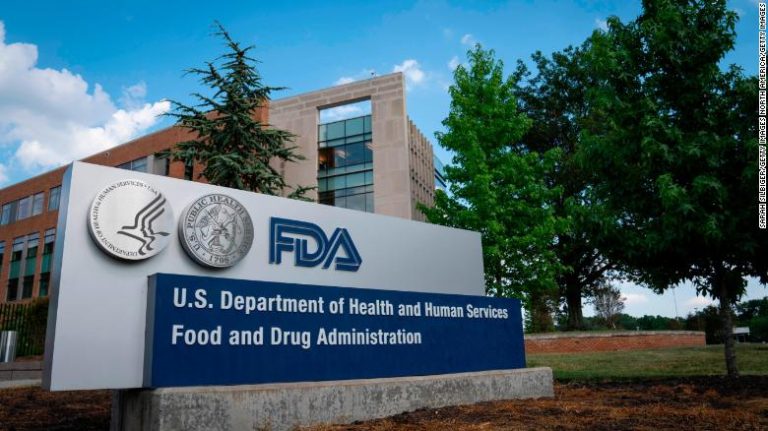
Former President Barack Obama’s signature accomplishment was the 2010 Affordable Care Act (ACA).The law currently provides healthcare coverage to roughly 31 million Americans and ensures that private health insurance companies cannot deny coverage to patients with pre-existing conditions. The ACA also expands medicaid coverage and provides tax credits for purchasing healthcare plans on the private market. Overall, it was a strong bill that had an undeniably positive effect on U.S. healthcare outcomes.
The ACA however, was far from perfect. It failed to fundamentally change America’s flawed healthcare system. Medicare is reserved for Americans aged 65 or older, forcing those under 65 and outside of Medicaid eligibility to still turn to the private sector. In 2022, private health insurance plans still make up 67.3 percent of the market. 30 million Americans remain uninsured, 9 million of which are children. Over 50 percent of uninsured Americans have not seen a doctor in 12 months. U.S. Patients collectively hold over $140 billion in medical debt, and 60,000 Americans die every year because they are uninsured or cannot afford copays and deductibles. Healthcare is often tied to employment, and losing one’s job often results in the loss of medical coverage. America is consistently rated as having the worst healthcare system in the developed world, ranking last in key measures such as access to care, administrative efficiency, and overall equity.
To answer these overt flaws, 2016 and 2020 presidential candidate Senator Bernie Sanders (I-VT) and the House of Representatives’ Progresive Caucus popularized Medicare for All, a plan that would lower the Medicare age eligibility until every U.S. citizen is fully covered. This would supply Americans with coverage similar in quality and price to that of Canadians, in which tax revenue provides funds for private hospitals and providers. Contrary to many right-wing talking points, this will not provide a socialized healthcare system such as the UK’s NHS where the government employs healthcare providers directly.
Due to the lobbying power of health insurance providers, Medicare for All is unrealistic in the short term. One of the reasons that the ACA was able to pass in the first place was that the health insurance lobby was directly involved in its legislative process. Perhaps unsurprisingly, health insurance share prices have risen faster than the S&P 500 since the ACA’s passage. The Healthcare Select Sector exchange-traded fund (XLV) saw record years in 2020 and 2021, perhaps due to pandemic profits. Medicare for All would undoubtedly put a halt on such growth, and therefore will be nearly impossible to pass in one direct sweeping bill.
The second best choice would be to provide Americans with a public option where Americans can choose between a low-cost plan resembling Medicare or continuing to purchase plans on the private market. President Biden campaigned in 2020 on implementing such a bill, as he needed to respond to Senators Bernie Sanders (I-V) and Elizabeth Warren (D-MA) pushing Medicare for All during the Democratic primary race. Biden won the Democratic primary and has not mentioned the public option since.
The time is now for Biden and the Democrats to return to the public option. The Democratic Party is facing almost certain defeat in both Houses of Congress this November in the midterm elections. As of April 14, 2022, Biden’s approval rating hovers around 39 percent. With inflation and rising gas prices, the failure of the Build Back Better agenda, and lack of voting rights legislation, the midterm congressional elections are all but over. The only hope Democrats have is to pass measures through budget reconciliation in which Americans can witness material improvements in their lives.
President Biden’s highest approval rating was 59 percent after the successful rollout of COVID-19 vaccines. Perhaps more importantly, $1400 checks were sent directly into Americans’ bank accounts while the child tax credit expansion benefited 61 million children and cut child poverty by 30 percent. Americans finally received a good stimulus package in which their lives were tangibly improved. Americans, in March of 2021, directly witnessed an economic contrast between the new Democratic leadership and the old Republican leadership, thus rewarding Democrats with strong poll numbers.
It is quite simple, good economic policy is rewarded with popular support.
61 percent of Americans in 2022 believe that reducing healthcare costs should be prioritized by Congress this year. A public option would directly lower healthcare costs for millions of Americans and provide coverage to many of the 30 million who are uninsured, giving the Democrats a fighting chance this November.
The main obstacle to the passage of a public option, as with the Build Back Better bill, will once again be the Democratic party’s right-wing flank. Joe Biden and the Progeressive Caucus will have to fight hard. Perhaps, they can copy Lyndon B. Johnson’s efforts in passing the Civil Rights Act. Additionally, they can offer conservative Democrats positions in Biden’s administration, military bases and infrastructure contracts in their states and districts, and prestigious positions inside the DNC. For Joe Manchin, likely the most difficult Democrat to sway, Biden has the option to play hardball. Has President Biden thought about threatening to prosecute Manchin’s daughter for her ilegal epipen price-gouging scam? Maybe he can finally pursue publicly attacking Manchin by finally exposing his corrupt ties to the coal industry. Until all options are resourcefully exhausted, Democratic voters and the American people should never accept the argument that a public option is impossible to pass through budget reconciliation. It is clear that Joe Biden’s plan of backroom deals has failed miserably, and it is time to change course if he wants his party to remain in power.
Republicans will undoubtedly call the public option a Trojan horse for Medicare for All. Instead of taking the bait, Democrats can lean into this “criticism” as Americans are overwhelmingly supportive of a single-payer system. It’s time for Joe Biden and the Democrats to implement the public option and begin the process of catching up to the rest of the developed world so that the terms “deductible,” “medical debt,” and “hospital bill” can one day be outdated in America.



